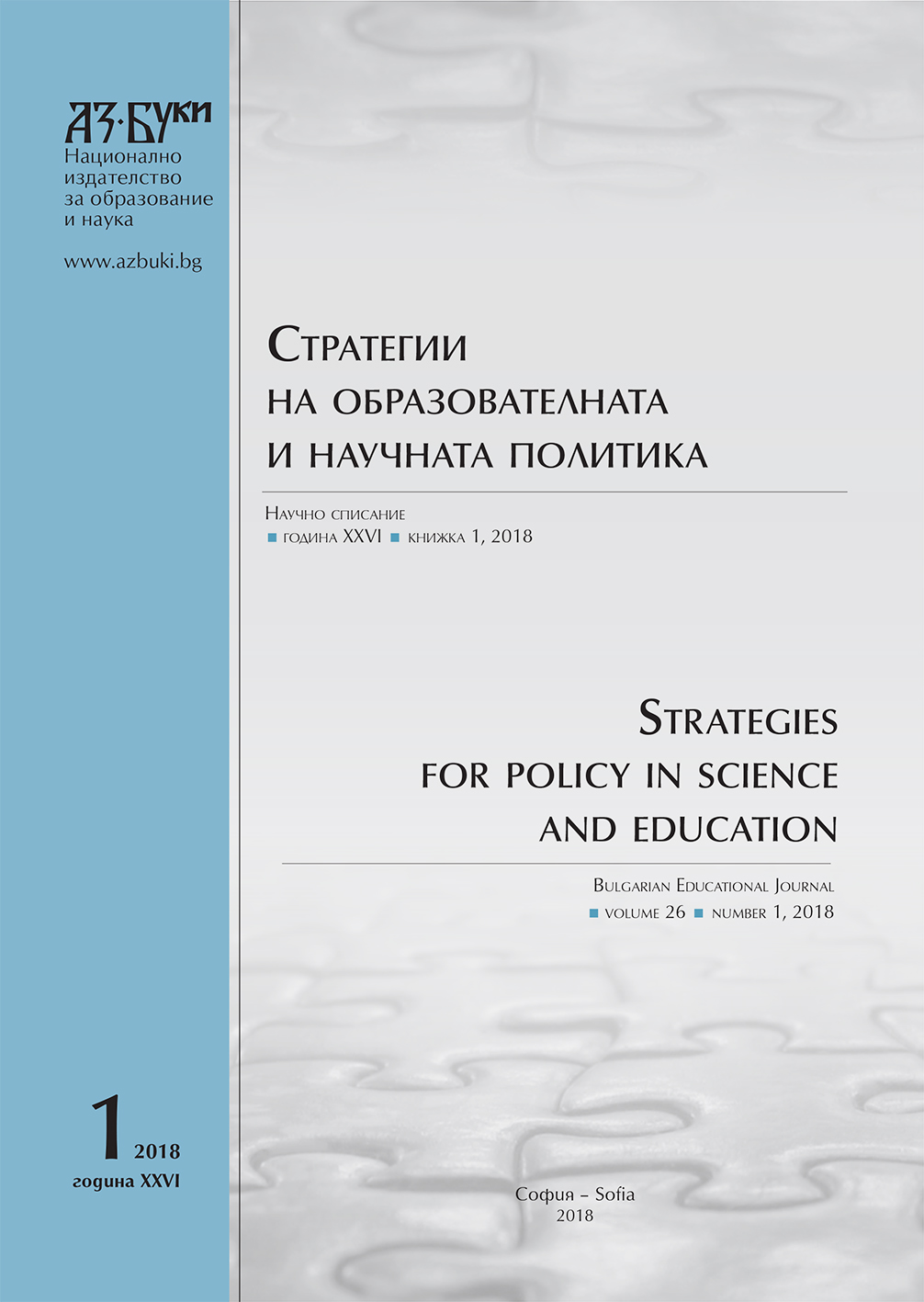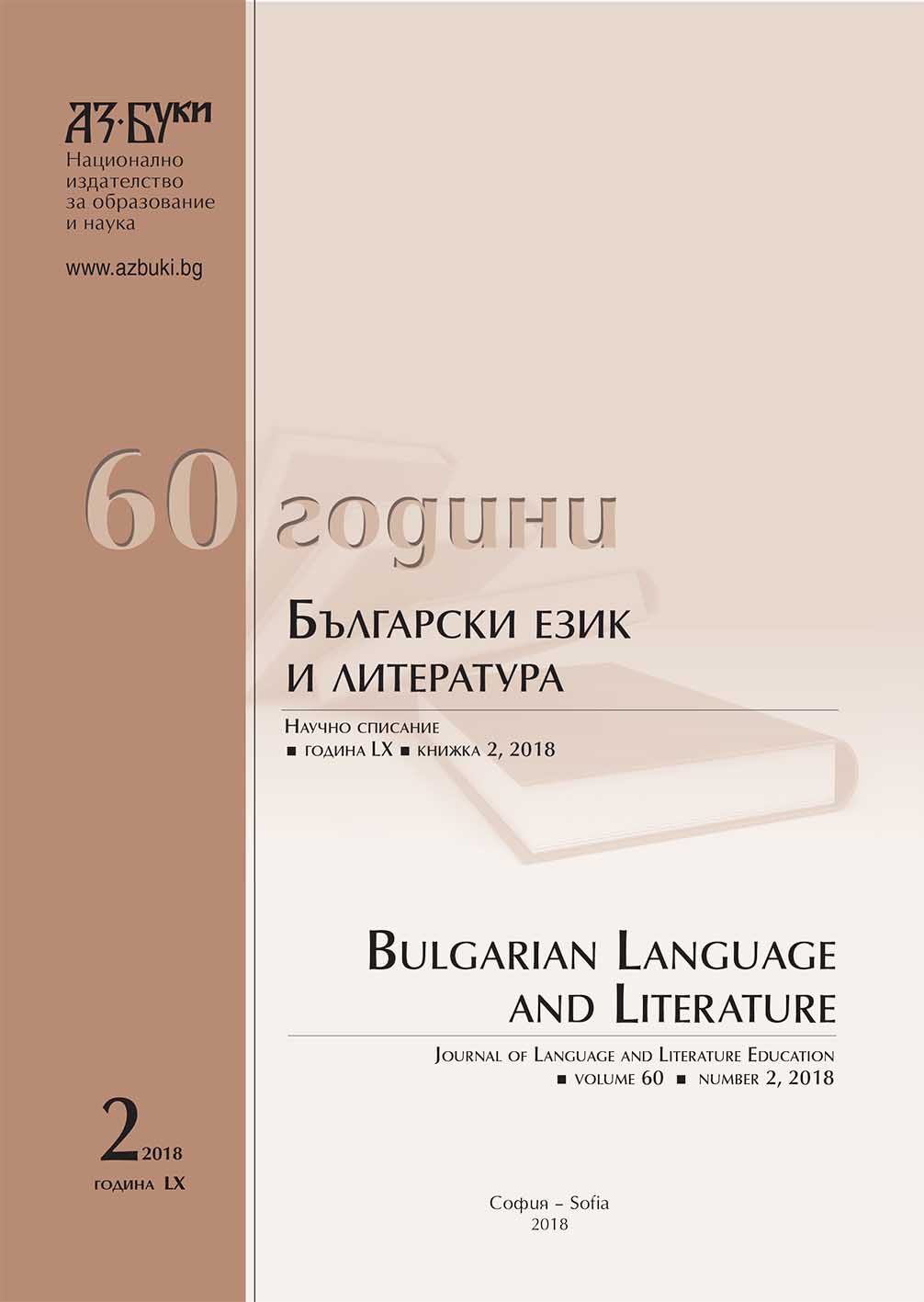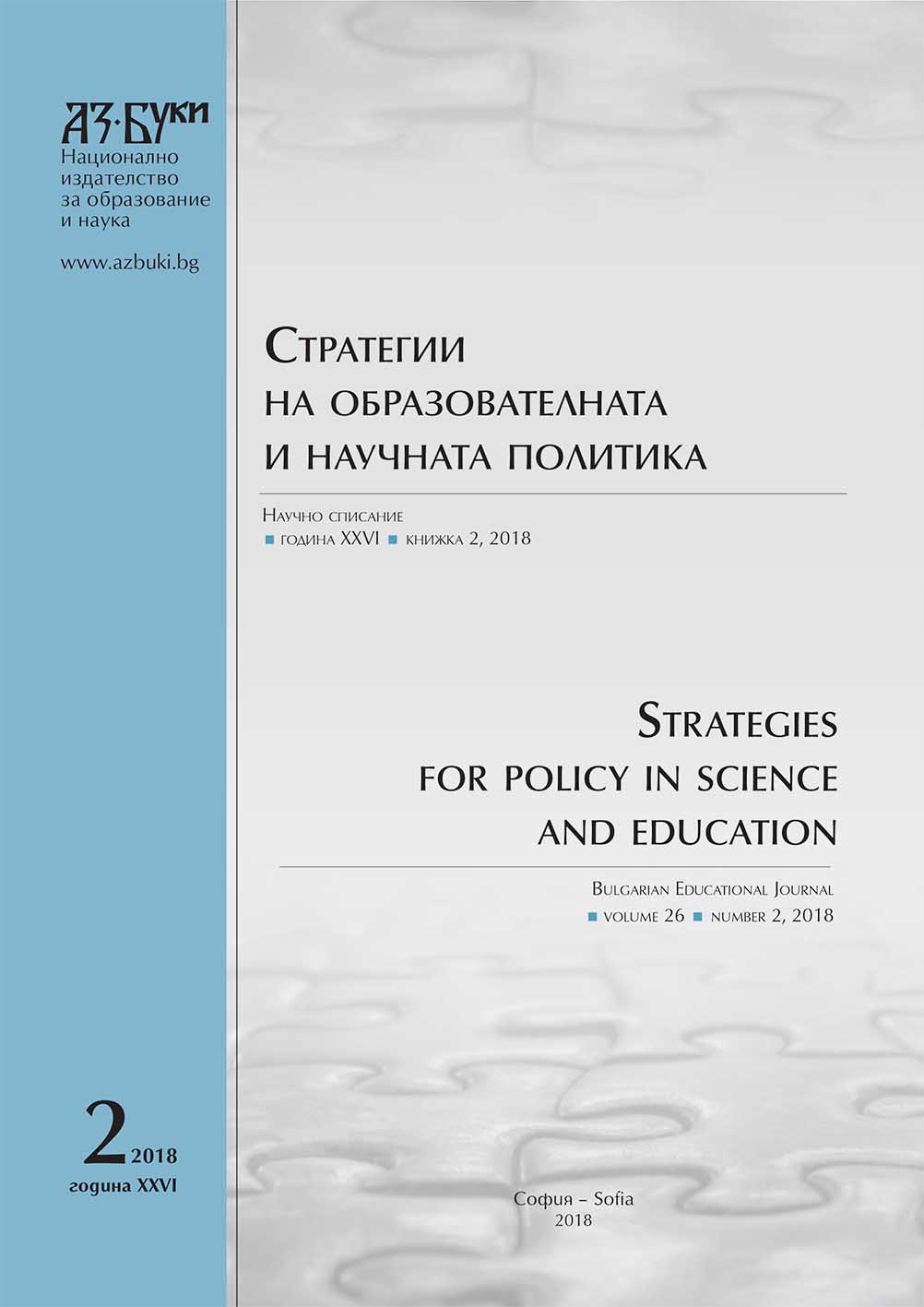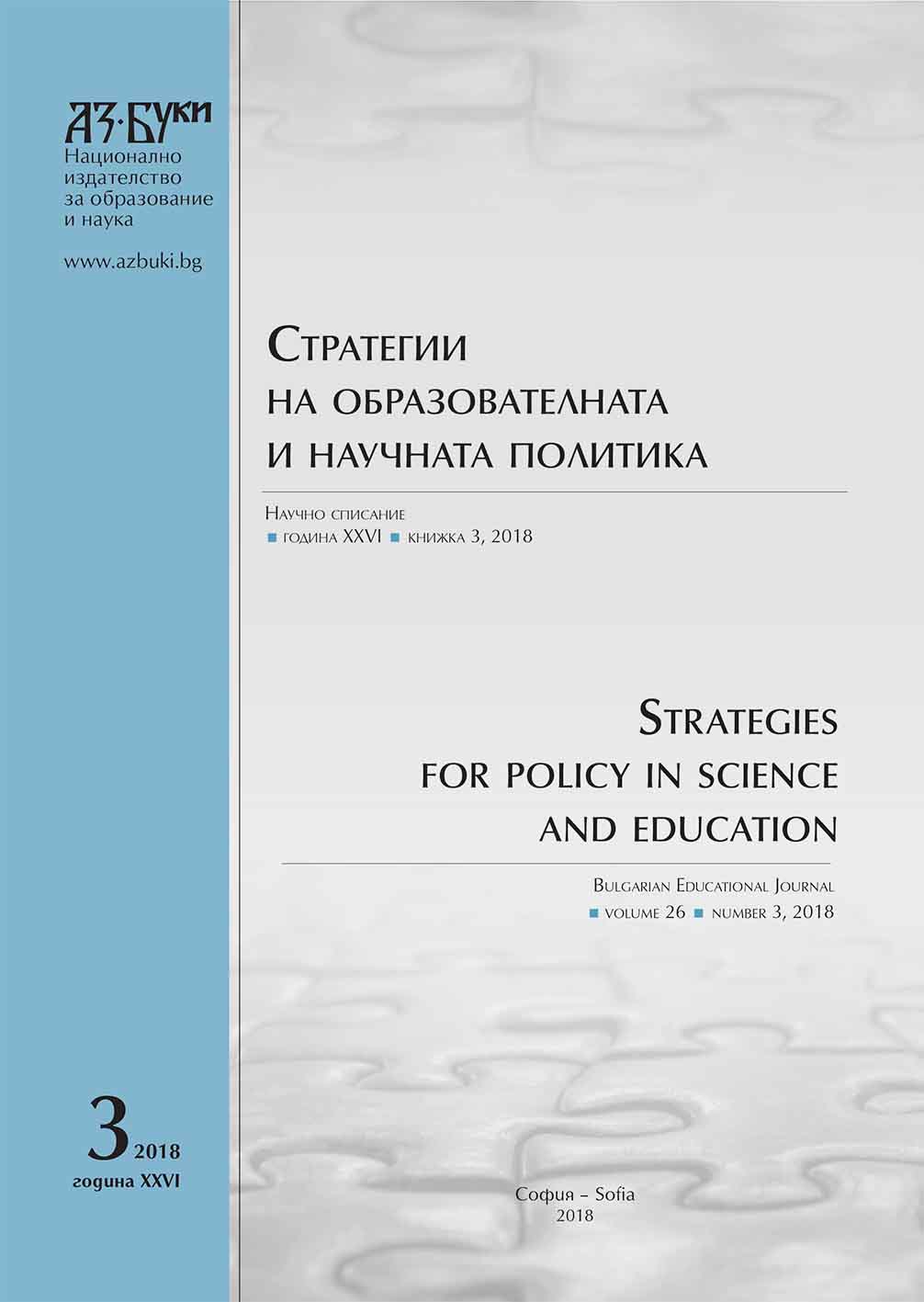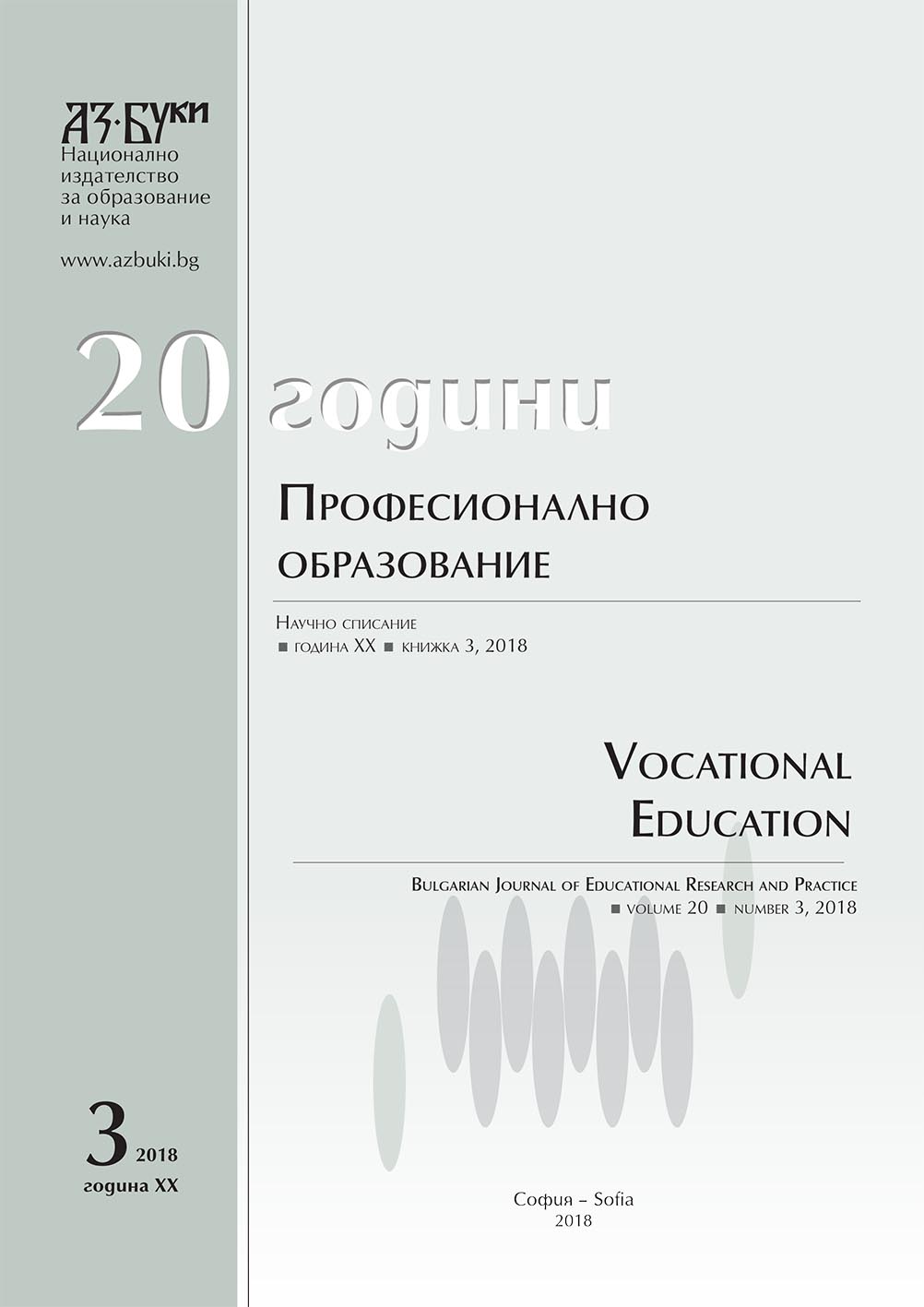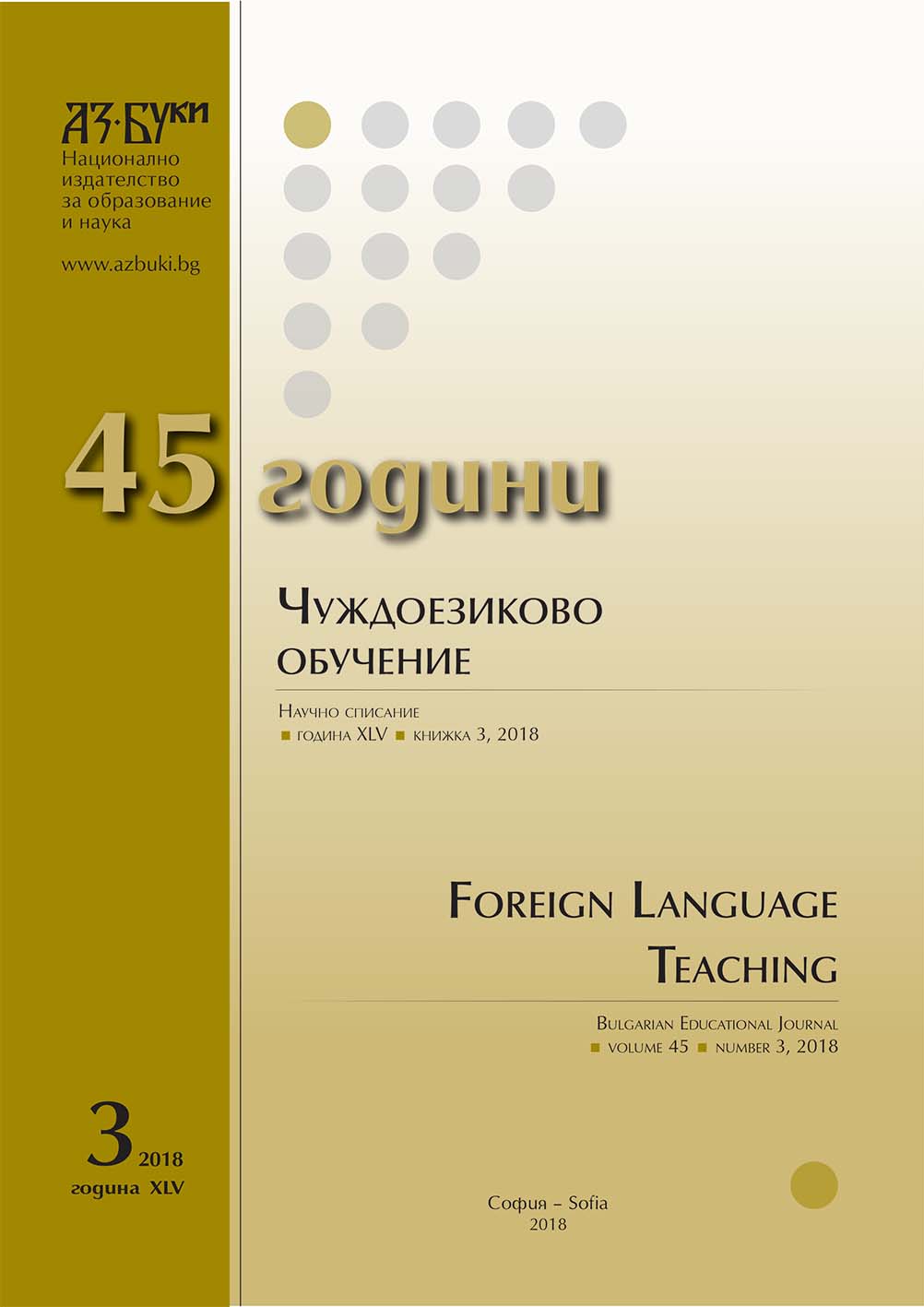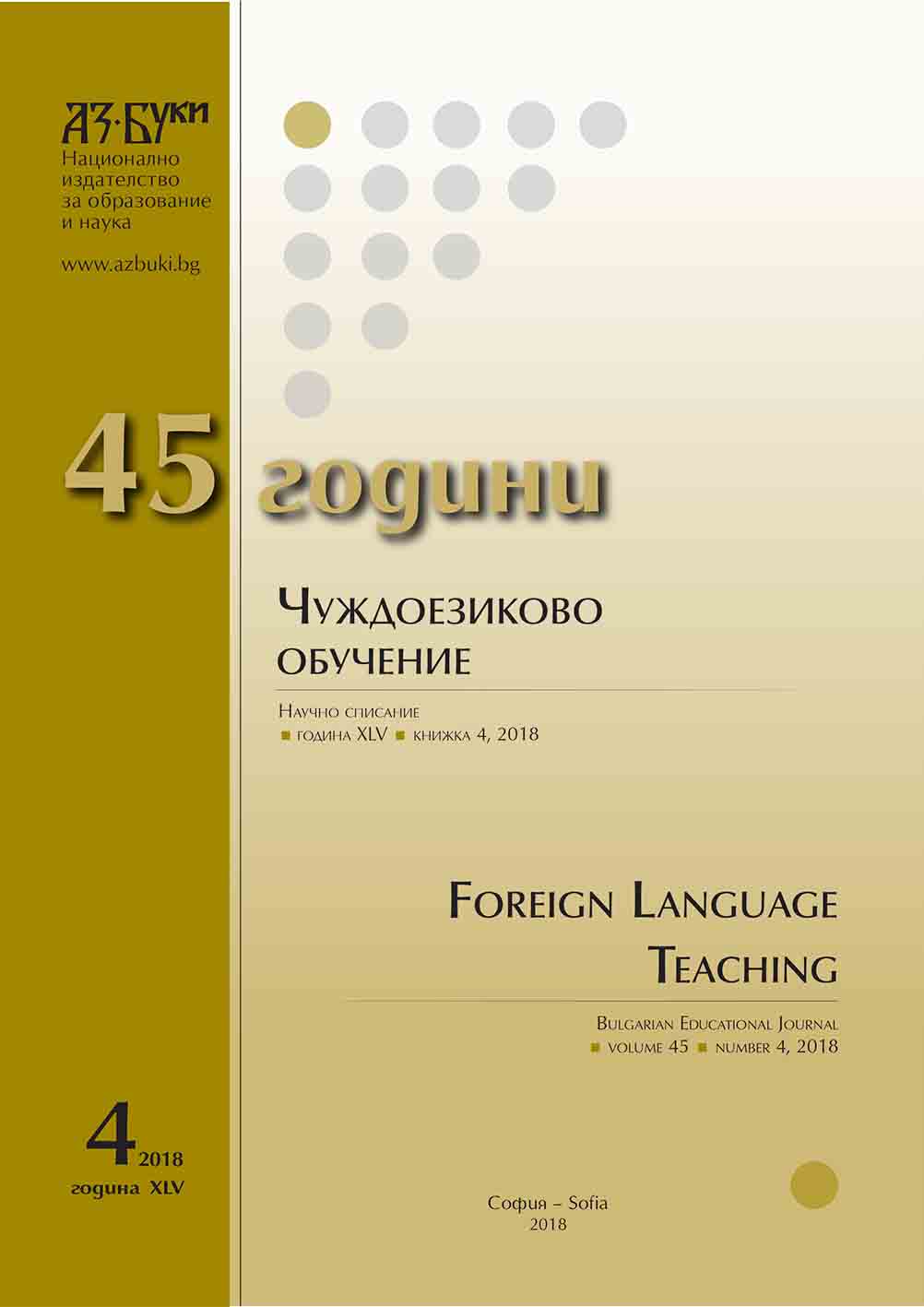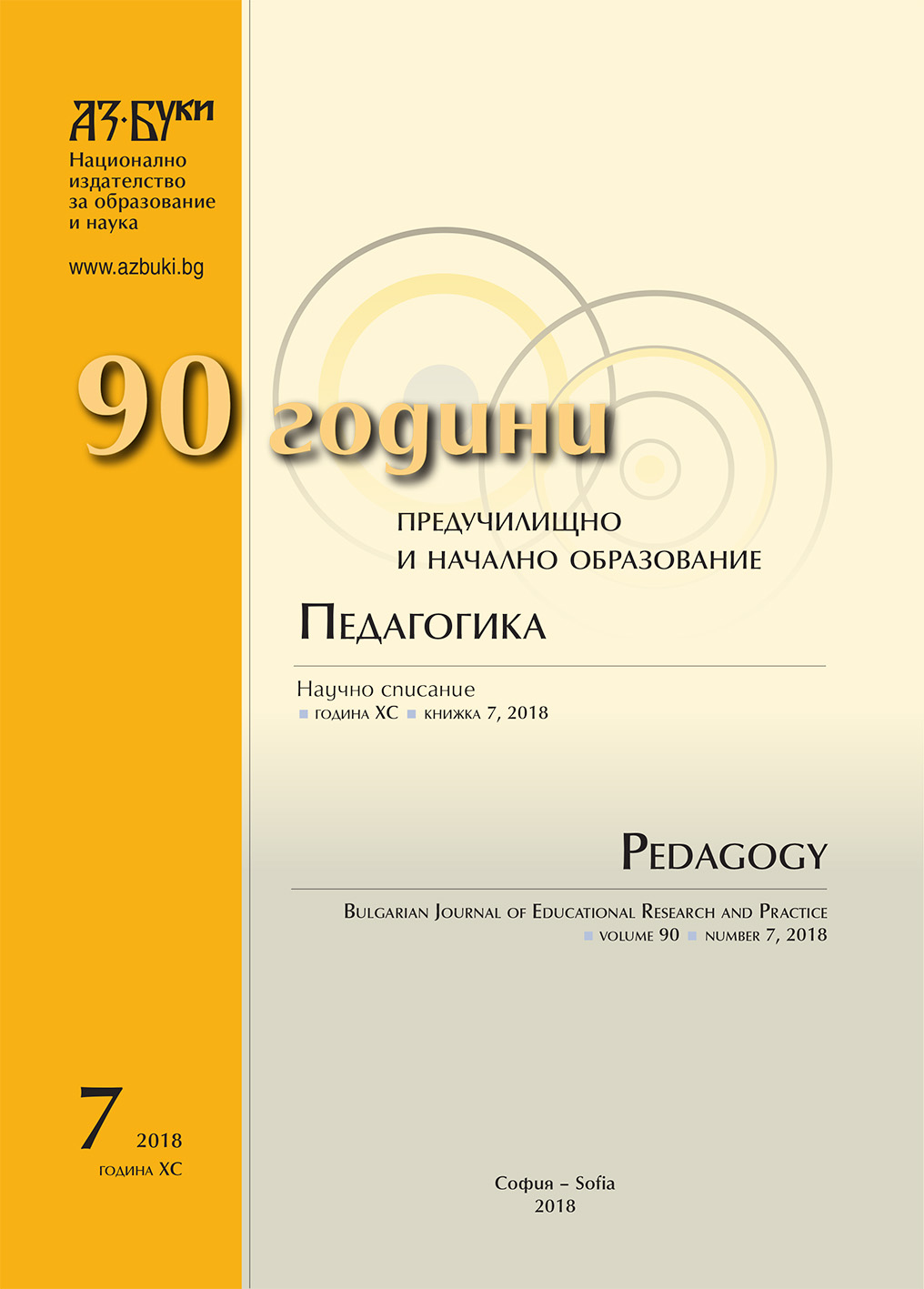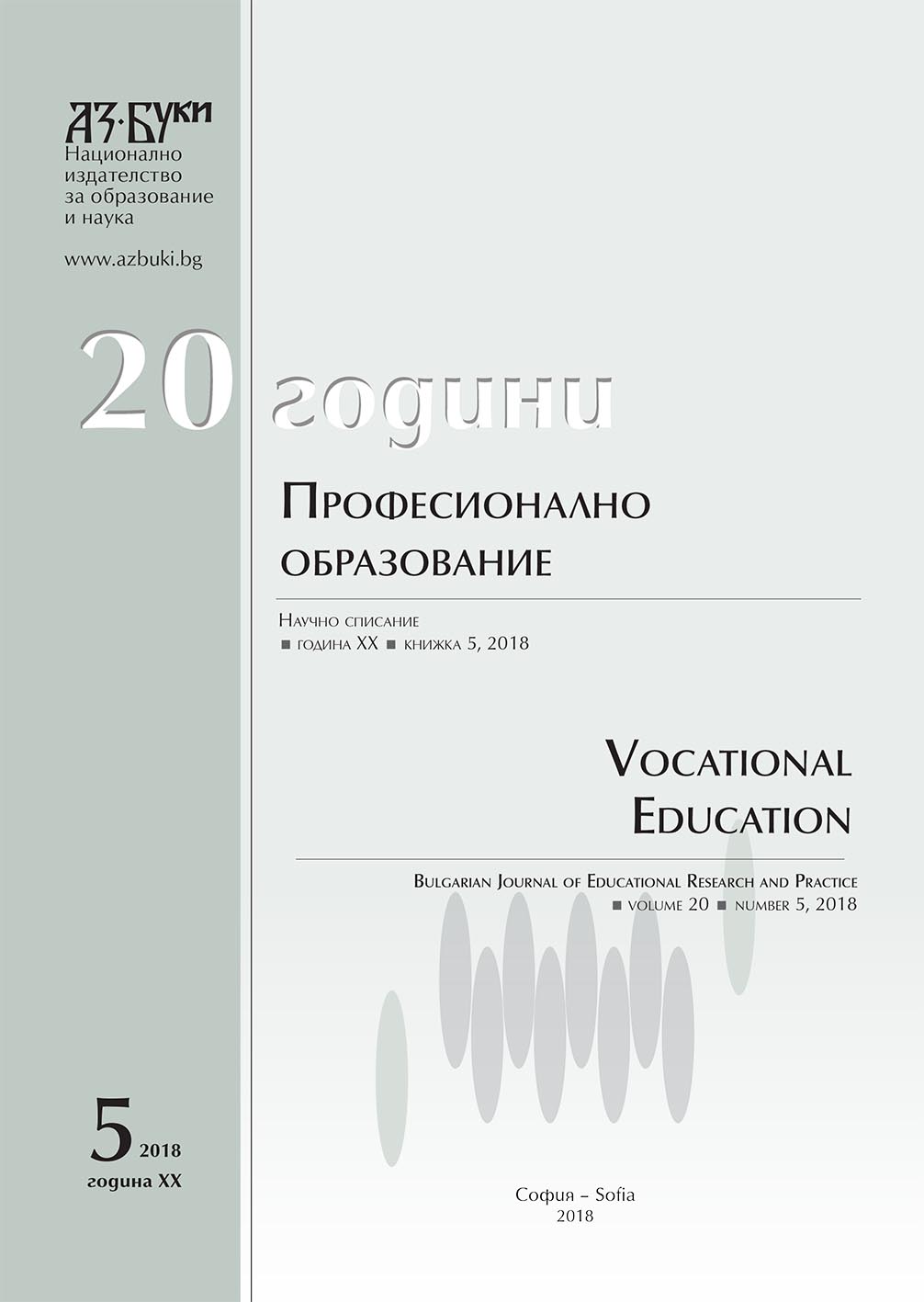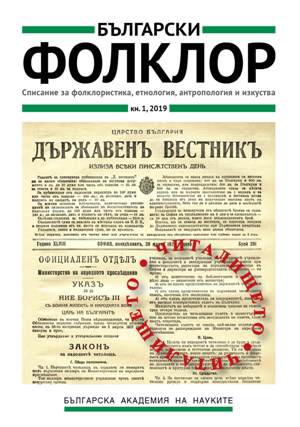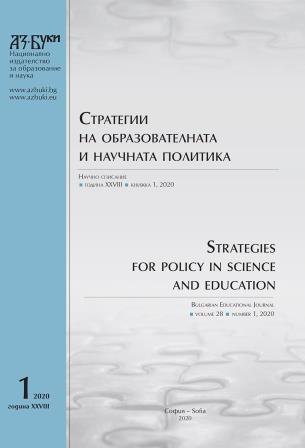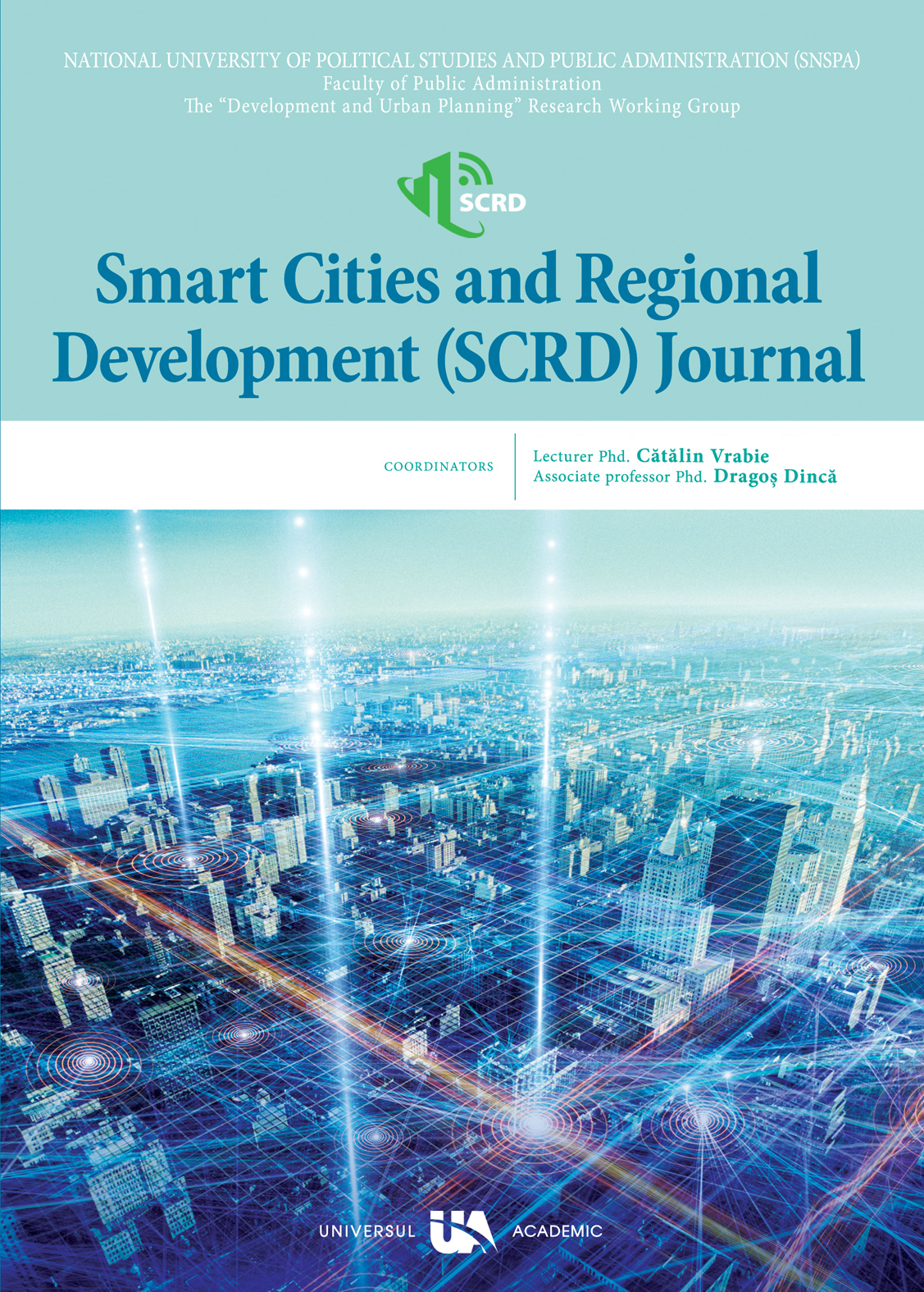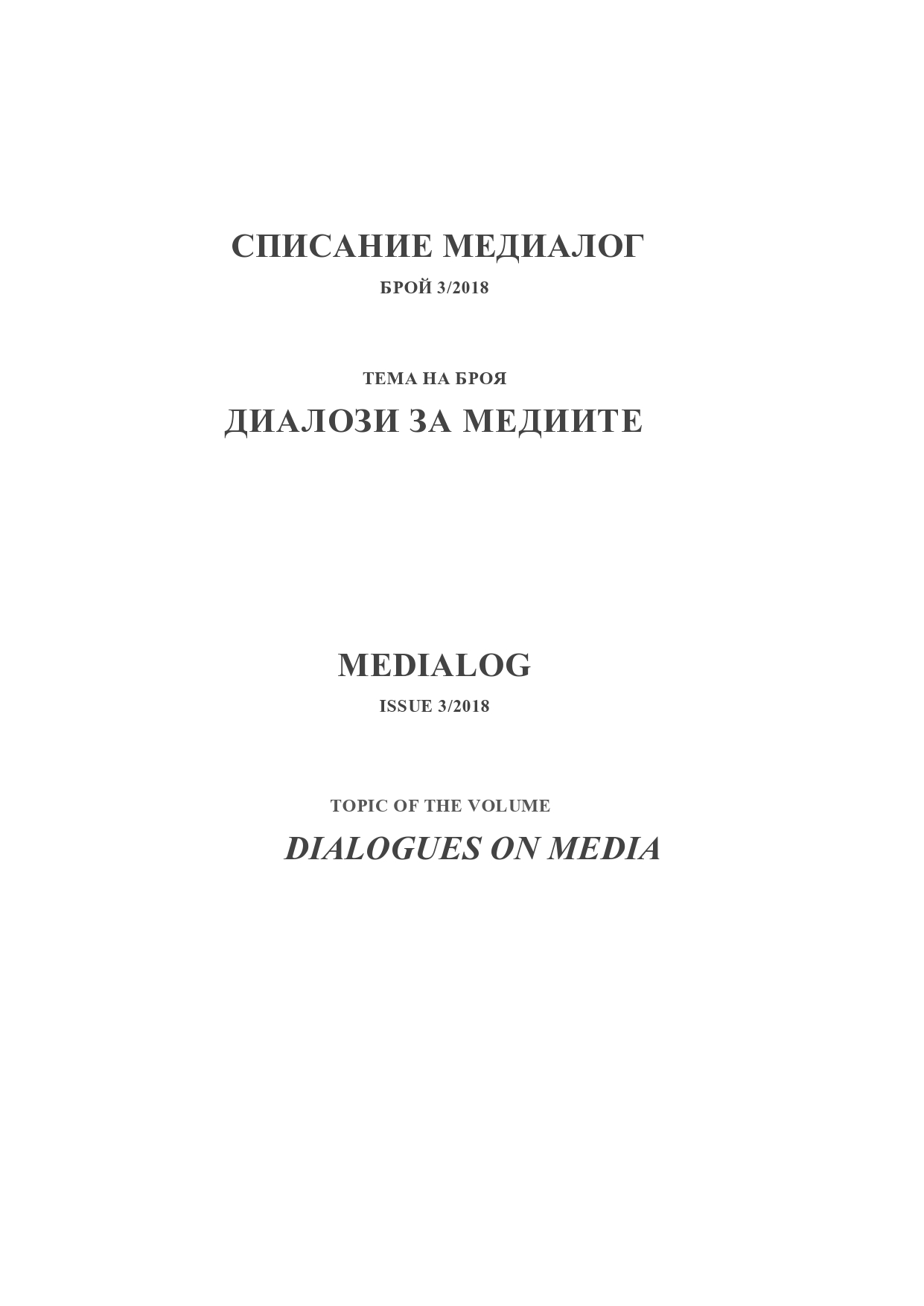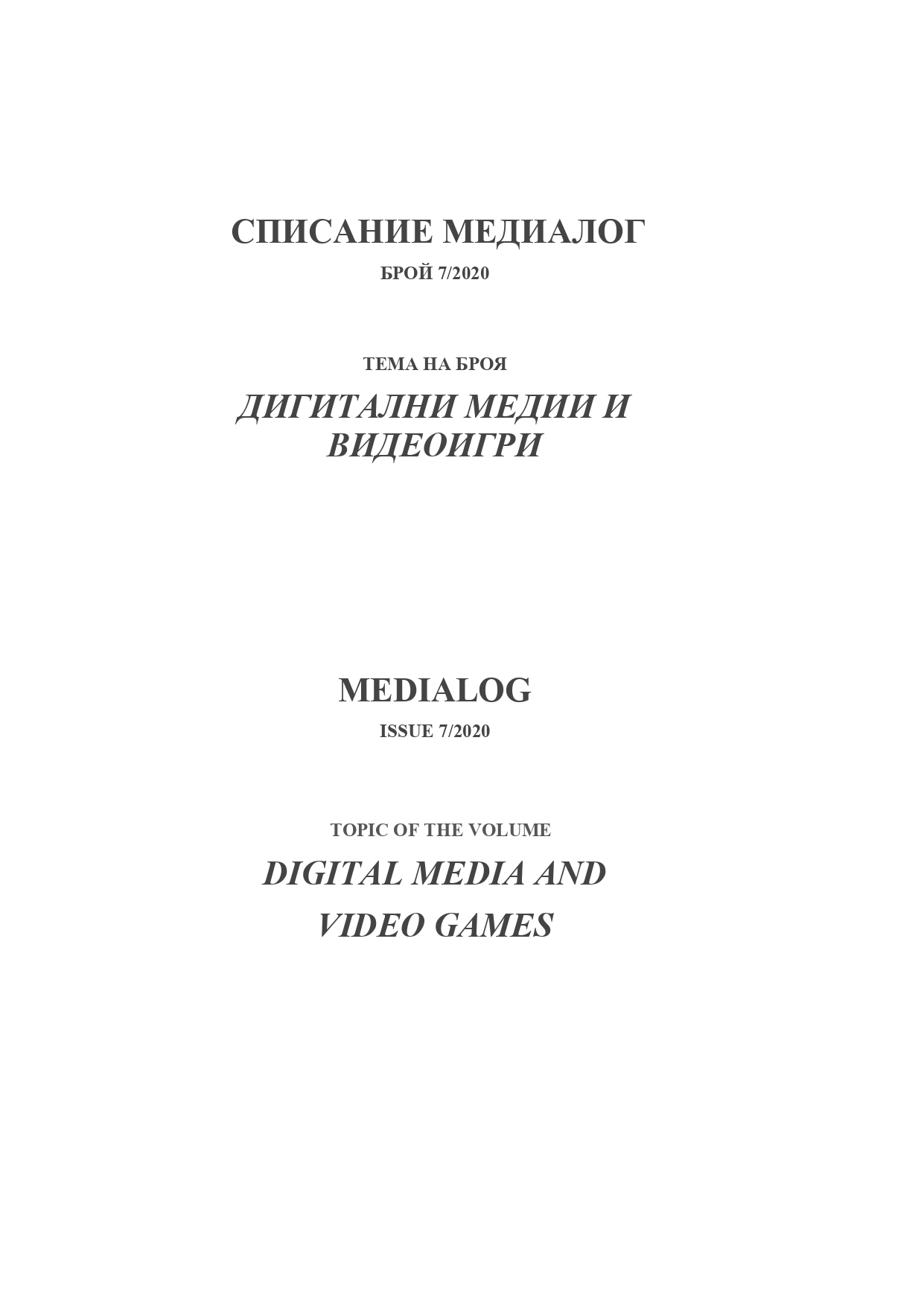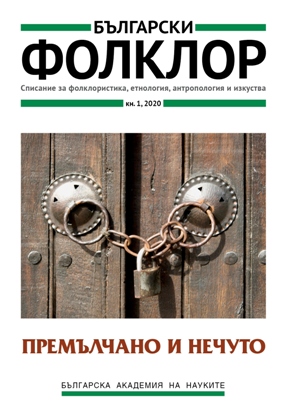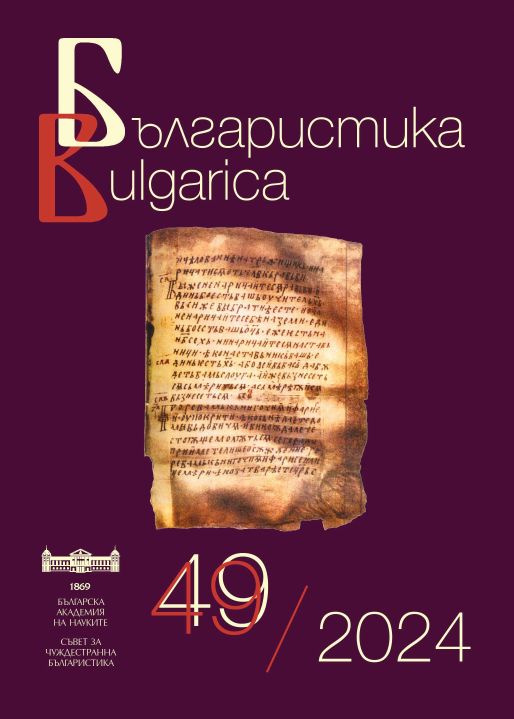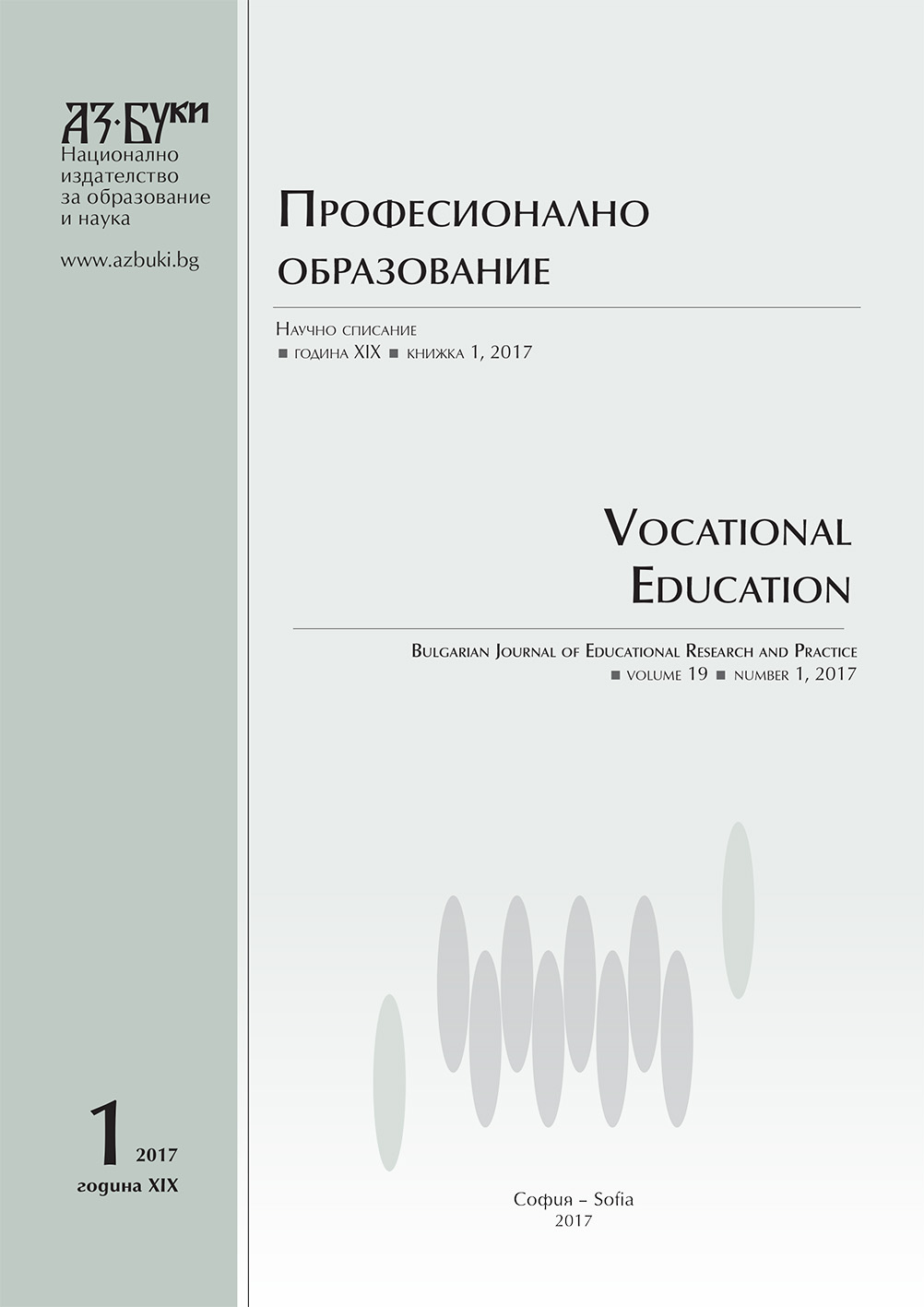
Удобства и рискове при използване на интернет за лични цели
Daily use of internet enables people to take advantage of the benefits of a large number of online services by carrying out certain activities in the network. The aim of the text is to reveal the conveniences and risks of using internet for achieving personal goals; to differentiate the types of usage of individual internet users; to make dynamic analysis and trend of private internet use in Bulgaria; to reveal benefits in using internet. As a conclusion are given recommendations on reducing the risk.
More...
